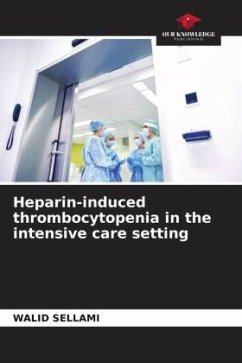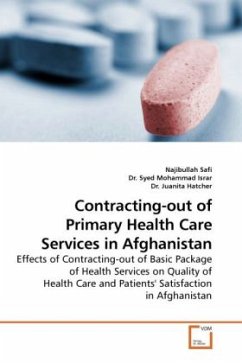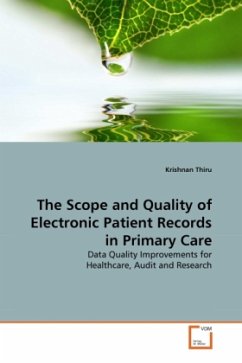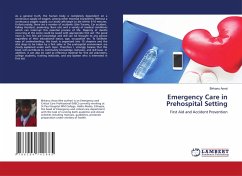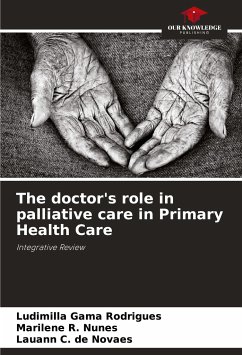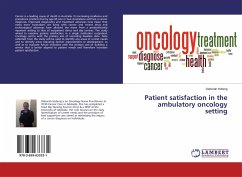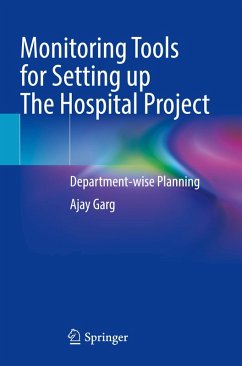
Cardiovascular Health Risk Management in the Primary Care Setting
Cardiovascular Health Risk Management
Versandkostenfrei!
Versandfertig in 6-10 Tagen
32,99 €
inkl. MwSt.

PAYBACK Punkte
16 °P sammeln!
Cardiovascular disease remains the leading cause of death for all Americans despite improvements in prevention, detection, and treatment. Cardiovascular disease is no longer thought of as a disease that primarily affects older men. It is a killer of people in the prime of life with at least half of all deaths occurring in women. The risk factors for cardiovascular disease present in both non-modifiable and modifiable forms. Lifestyle measures represent a particularly potent way of lowering modifiable risk factors for heart disease because many lifestyle measures affect multiple risk factors. T...
Cardiovascular disease remains the leading cause of
death for all Americans despite improvements in
prevention, detection, and treatment.
Cardiovascular disease is no longer thought of as a
disease that primarily affects older men. It is a
killer of people in the prime of life with at least
half of all deaths occurring in women. The risk
factors for cardiovascular disease present in both
non-modifiable and modifiable forms. Lifestyle
measures represent a particularly potent way of
lowering modifiable risk factors for heart disease
because many lifestyle measures affect multiple risk
factors. The identification and management of
cardiovascular health risk factors in individuals is
an important goal in primary care and community
settings. This paper reviews the risk factors for
cardiovascular disease, presents an analysis of the
Coronary Health Improvement Project program as an
educational and behavioral modification tool to
improve risk factors, and recognizes the critical
role of primary care practitioners in educating and
counseling patients about how to manage lifestyle
issues associated with cardiovascular risk.
death for all Americans despite improvements in
prevention, detection, and treatment.
Cardiovascular disease is no longer thought of as a
disease that primarily affects older men. It is a
killer of people in the prime of life with at least
half of all deaths occurring in women. The risk
factors for cardiovascular disease present in both
non-modifiable and modifiable forms. Lifestyle
measures represent a particularly potent way of
lowering modifiable risk factors for heart disease
because many lifestyle measures affect multiple risk
factors. The identification and management of
cardiovascular health risk factors in individuals is
an important goal in primary care and community
settings. This paper reviews the risk factors for
cardiovascular disease, presents an analysis of the
Coronary Health Improvement Project program as an
educational and behavioral modification tool to
improve risk factors, and recognizes the critical
role of primary care practitioners in educating and
counseling patients about how to manage lifestyle
issues associated with cardiovascular risk.



